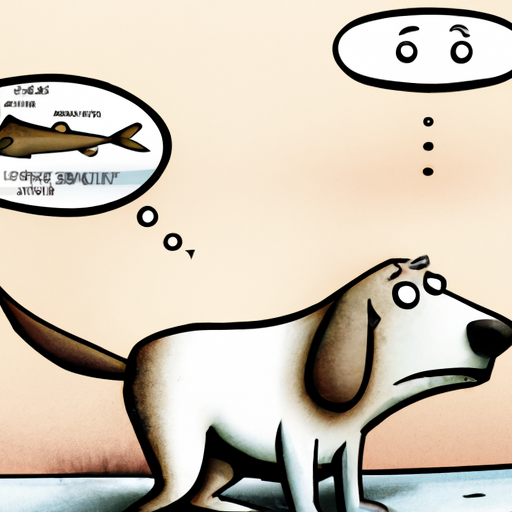Understanding Your Dog’s Scent
As a caring dog owner, you might notice different smells coming from your pet. A peculiar one you might have encountered is a fishy smell originating from your dog’s rear. This smell should not alarm you because it’s often a natural occurrence. However, it’s important to understand why this happens and when it could signal a problem.
The Anal Glands: The Source of the Fishy Smell
Mostly, the fishy smell comes from your dog’s anal glands. These two small, pea-sized glands are located just below the tail to either side of the anus.
- They secrete an oily, fishy-smelling substance that dogs use for scent marking.
- The glands typically empty when your dog passes stool.
- Sometimes, these glands can become overfilled and create a strong odor.
Why Anal Glands Become Overfilled
There are several reasons why your dog’s anal glands might become overfilled:
- Diet: Lack of fiber in your dog’s diet can result in soft stools, which don’t effectively express the glands.
- Size and Breed: Small breeds are more prone to anal gland issues.
- Allergies: Allergies can cause inflammation, leading to overproduction of gland secretion.
- Obesity: Overweight dogs often have issues with their anal glands.
| Factors | Impact on Anal Glands |
|---|---|
| Diet | Lack of fiber might result in overfilling |
| Size and Breed | Small dogs are prone to overfilling |
| Allergies | Allergies can cause inflammation and overproduction |
| Obesity | Overweight dogs often have issues with anal glands |
How to Manage the Fishy Smell
If your dog’s butt is smelling fishy, don’t panic. Here are some ways you can handle this:
- Dietary changes: Increase the fiber in your dog’s diet.
- Regular exercise: This can help maintain a healthy weight and regular bowel movements.
- Grooming: Regular baths can help manage the smell.
- Vet checks: Regular vet visits can help identify and manage potential health issues.
When to Seek Veterinary Assistance
If your dog is scooting their butt on the floor, licking their rear excessively, or seems to be in discomfort, it’s time to consult a vet. Overfilled or blocked anal glands can lead to infections or abscesses, which require medical intervention.
FAQs
Q: Can I express my dog’s anal glands at home?
A: Yes, but it’s recommended to have a vet or professional groomer do it to avoid injury.
Q: Is a fishy smell always a sign of anal gland issues?
A: Not always. It can also be a sign of a urinary tract infection or other health issues.
Q: How often should I take my dog to the vet for anal gland expression?
A: It depends on the dog. Some may need it monthly, others less frequently. Your vet can provide the best advice.
Q: Can changing my dog’s diet help with the fishy smell?
A: Yes, a diet high in fiber can help produce firmer stools, which can better express the anal glands.
Q: Is anal gland disease more common in certain breeds?
A: Yes, smaller breeds like Chihuahuas and Toy Poodles are more prone to anal gland issues.



